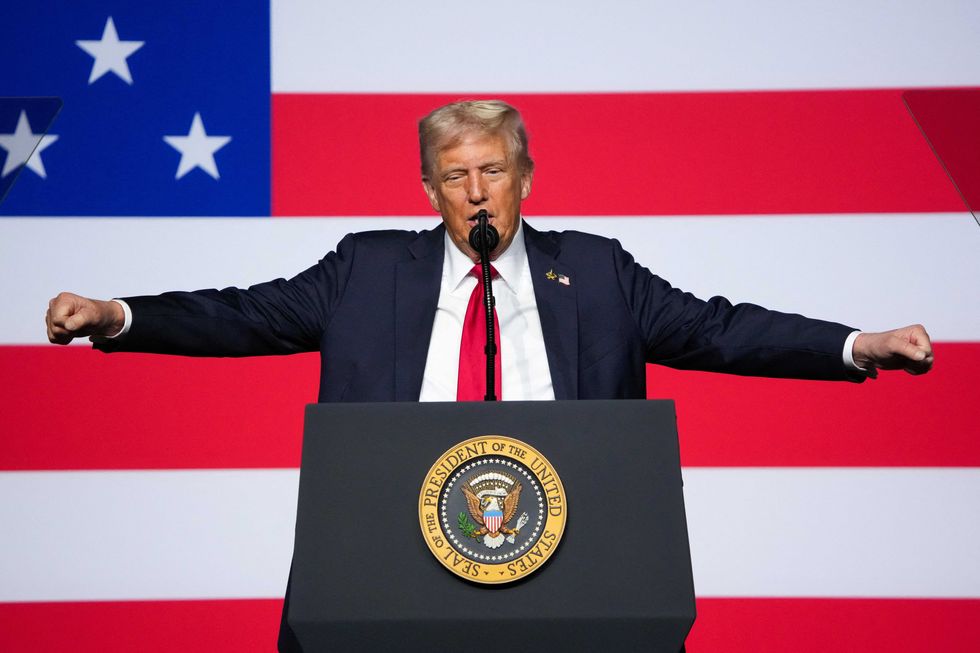China Bans Nvidia’s RTX Pro 6000D Chip Amid AI Hardware Push
TLDR
- China instructs major firms to cancel orders for Nvidia’s RTX Pro 6000D chip.
- Nvidia shares drop 1.5% after China’s ban on key AI hardware.
- China accelerates development of domestic AI chips, reducing U.S. tech reliance.
- Crypto and AI sectors may seek alternatives due to limited Nvidia access in China.
China has taken a bold step by instructing major companies to stop purchasing Nvidia’s RTX Pro 6000D chip. This move is part of the country’s broader effort to reduce reliance on U.S.-made AI hardware. The ban comes after the U.S. imposed restrictive export rules on advanced AI chips. The decision has led to concerns over Nvidia’s market share, particularly in one of its largest markets.
The Ban on Nvidia’s RTX Pro 6000D
China’s Cyberspace Administration (CAC) has ordered major firms like Alibaba and ByteDance to cancel orders for Nvidia’s RTX Pro 6000D chip. The ban is part of China’s ongoing effort to cut its dependency on U.S. technology, especially in the AI sector. The RTX Pro 6000D had been specifically tailored for China to meet some U.S. export requirements, but the country now sees even these “compliant” chips as unacceptable.
The CAC’s directive is part of a broader trend in which China has made clear its intentions to reduce reliance on U.S. technology in critical areas like artificial intelligence. The latest decision marks an intensification of efforts to push domestic solutions and boost local chip production.
Nvidia’s Market Response
Following the news of the ban, Nvidia’s stock saw a drop of approximately 1.5% in premarket trading. Investors are concerned that reduced demand in China, a key market, could negatively impact Nvidia’s business. China has long been an important market for high-end GPUs, which are used in AI research, gaming, and crypto mining.
The company has faced several hurdles in recent months. In August, Chinese authorities urged firms to avoid Nvidia’s H20 chip over concerns about security and international export control rules. These ongoing regulatory issues could further affect Nvidia’s position in China.
The Push for Domestic AI Hardware
China has already started shifting towards domestic chip solutions. Companies like Alibaba and Baidu are increasing their reliance on locally produced AI chips as part of China’s broader goal to strengthen its semiconductor industry. China has been heavily investing in AI and chip-making technology, aiming to reduce its dependence on foreign suppliers.
This shift is also evident in the growing interest in Chinese-made GPUs. Firms such as Huawei, Baidu, and Cambricon are producing chips that compete with foreign counterparts like Nvidia’s. The emphasis on local technology is a direct response to the trade tensions and export restrictions placed by the U.S. on advanced technologies.
Impact on AI and Cryptocurrency Sectors
The ban on Nvidia’s RTX Pro 6000D chip could have a ripple effect on the AI and cryptocurrency industries. High-performance GPUs are essential for AI training, blockchain operations, and crypto mining. With China’s move, these industries may seek alternatives from local suppliers or even shift operations outside the country.
The cryptocurrency sector, in particular, relies heavily on GPUs for tasks like proof-of-work mining and zero-knowledge (ZK) proof generation. If access to Nvidia hardware becomes more restricted in China, it could prompt a shift towards local GPU makers or lead to the relocation of mining and node operations.
Moreover, the development of domestic AI chips in China is likely to increase competition in the global AI chip market. As local firms improve their chip offerings, there could be a shift in investment towards these companies. This competition may also spur innovation in both the AI and blockchain industries, especially in areas reliant on high-performance computing.
In summary, the ban on Nvidia’s RTX Pro 6000D chip reflects China’s ongoing push to strengthen its own semiconductor industry. The decision has significant implications for Nvidia and the global AI and crypto industries, which could face new challenges as they adapt to a more fragmented supply chain.
The post China Bans Nvidia’s RTX Pro 6000D Chip Amid AI Hardware Push appeared first on CoinCentral.
You May Also Like

Why AVAX Traders Are Watching $11.50 and $8.00 Right Now
USDsui debuts as Treasury yield is routed to Sui DeFi

